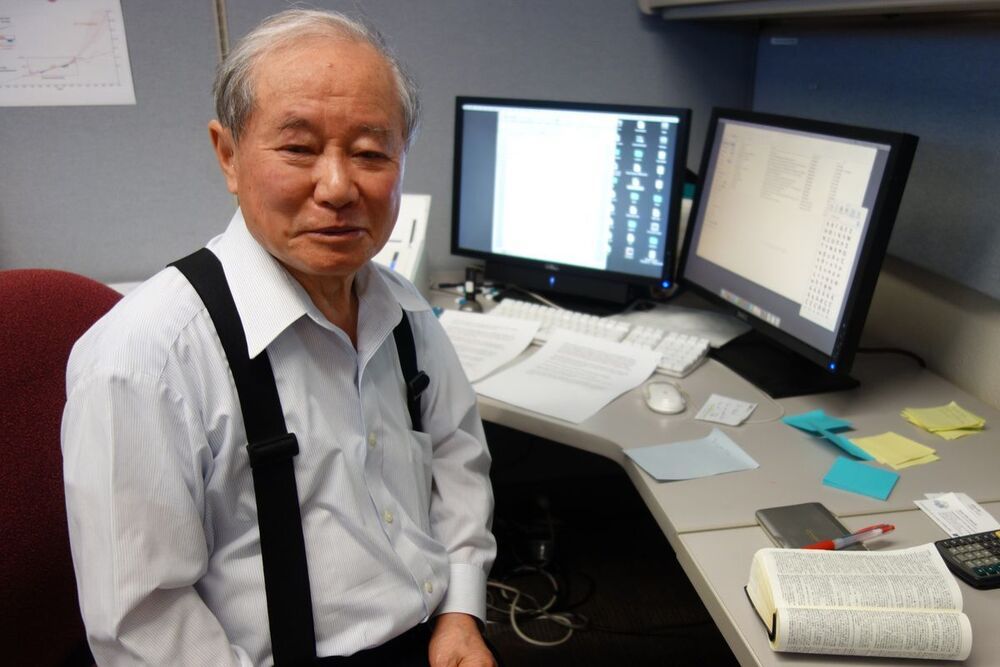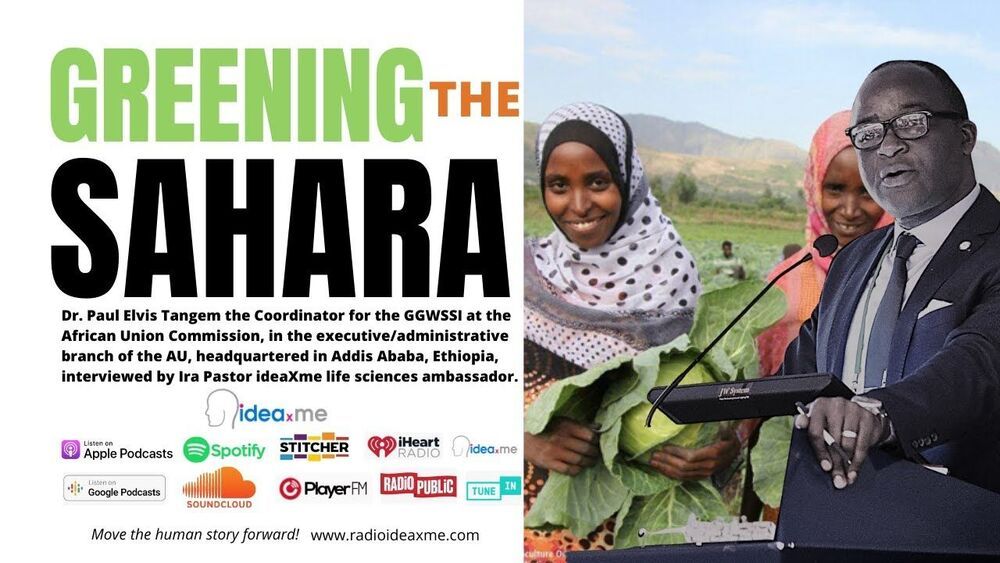Warrior for our planet!
Commissioner Virginijus Sinkevicius:
Commissioner Sinkevičius is the youngest EU Commissioner appointed to the EU Commission. He is a Lithuanian politician, a European Commissioner since 2019. Prior to his appointment as Commissioner, he was the Minister of the Economy and Innovation of the Republic of Lithuania.
Andrea Macdonald founder of ideaXme Commissioner Virginijus Sinkevičius, European Commissioner for the Environment, Oceans and Fisheries.
European Commission:
The Commission helps to shape the EU’s overall strategy, proposes new EU laws and policies, monitors their implementation and manages the EU budget. It also plays a significant role in supporting international development and delivering aid.
Following the result of the European elections, and the mandate received from the European Council and the European Parliament, the Dr Ursula von der Leyen Commission put forward a set of ambitious goals for Europe’s future: climate neutrality by 2050; making the 2020s Europe’s Digital Decade; and making Europe stronger in the world with a more geopolitical approach.
On this ideaXme show the Commissioner talks of:
- His role as EU Commissioner of the Environment, Oceans and Fisheries.
- The new plans, policies and laws put in place to protect the environment, oceans and fisheries.
- The Commissioners work spearheading action on both the European and International levels.
- How the EU Commission creates laws.
- The importance of Public participation in the roadmap to creating law to protect the environment, oceans and fisheries.
#climateaction #climateemergency #climatejustice #climateactionnow #eucommission #virginijussinkevičius #virginijussinkevicius #environmentaljustice #chemicalsensitivity #ideaxme #movethehumanstoryforward #europeancommission
IdeaXme









